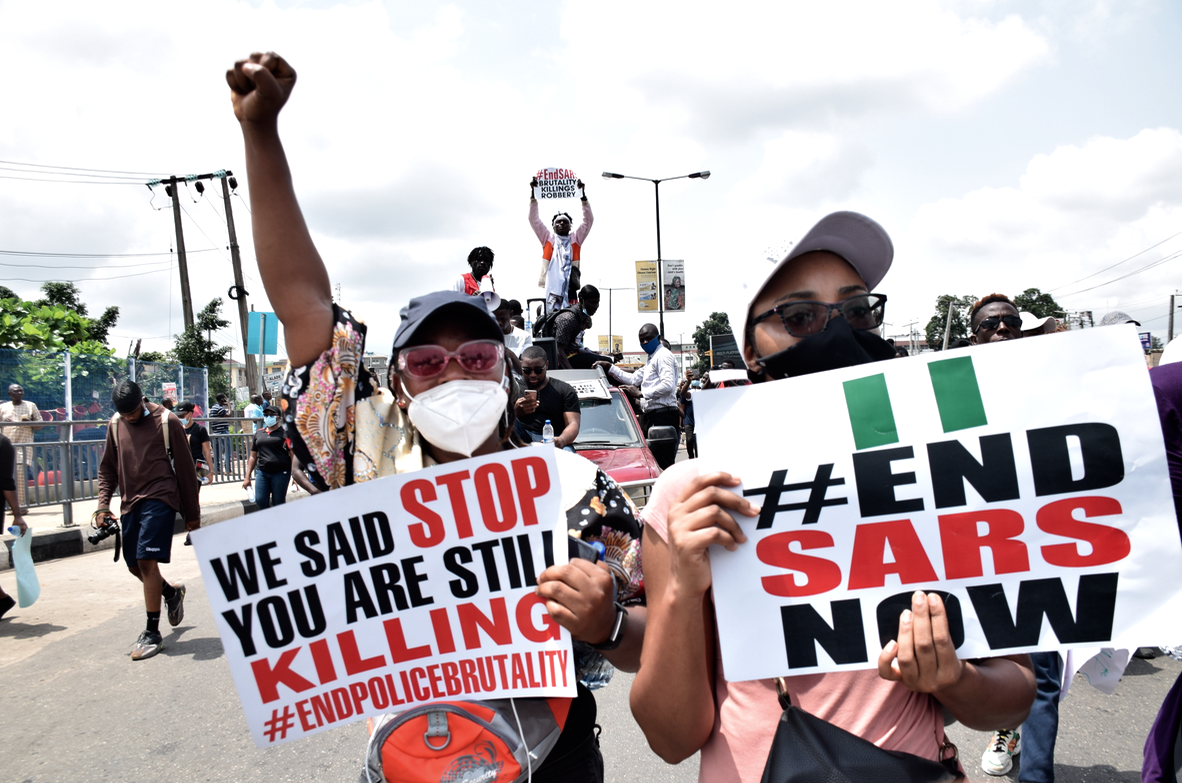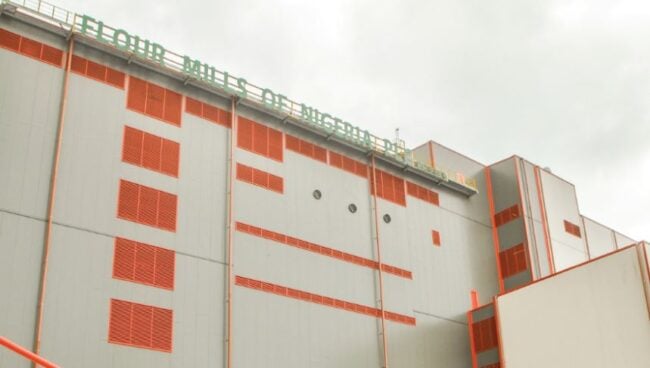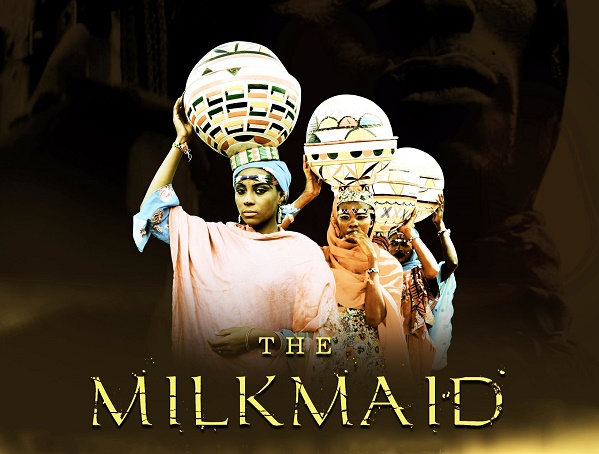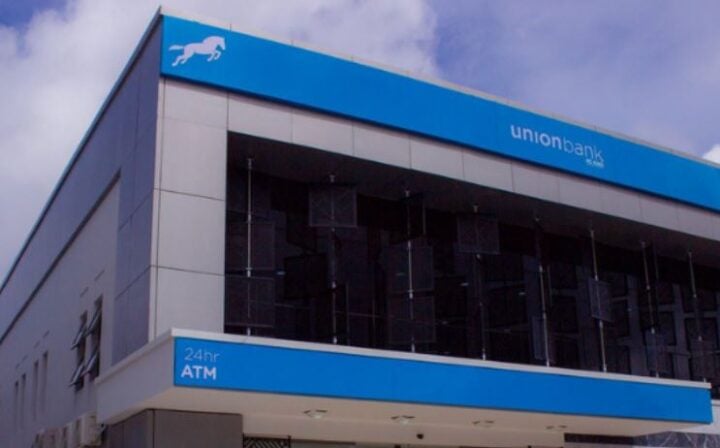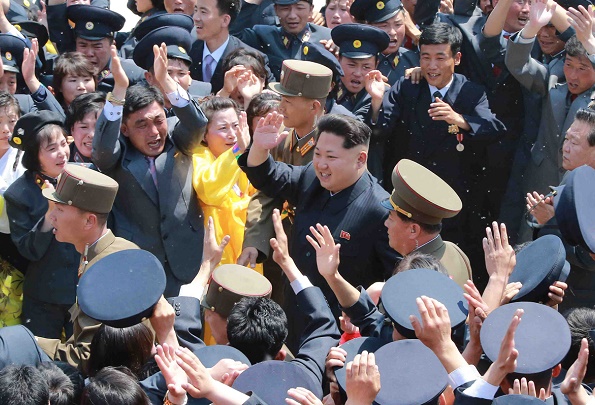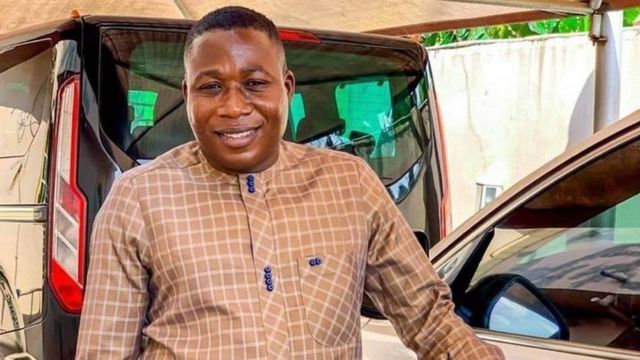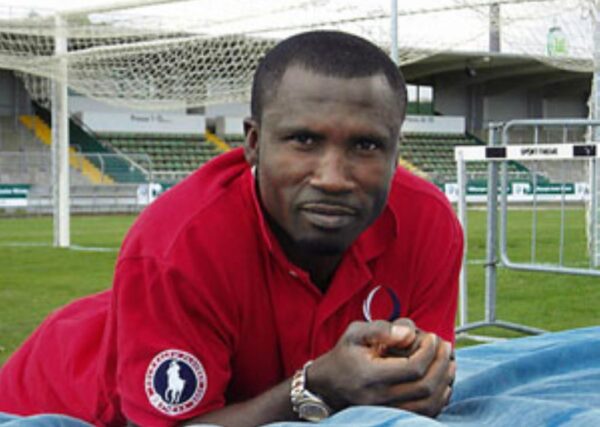A federal high court in Abuja has asked the Central Bank of Nigeria (CBN) to unfreeze the bank accounts of 20 #EndSARS protesters.
Ahmed Mohammed, the judge, gave the order on Wednesday after counsel to the CBN and the legal representative of the protesters agreed to end the case.
At the resumed court session, Michael Aondoakaa, counsel to CBN, informed the court he had filed an ex parte application for the extension of the freeze order which expired on Tuesday.
The senior advocate, however, added that he later got instruction from Godwin Emefiele, governor of CBN, to withdraw the case.
Advertisement
“This matter involves young people. I talked to my colleagues and I advised, let us discard all the processes. I will withdraw my processes and they will withdraw theirs,” he said.
“By implication, the order goes, the accounts will be unfrozen, and nobody will be indicted.
“The government has set up reconciliation panels. We should give room for a rethink on this matter.
Advertisement
“We have the instruction form my client, the Governor of CBN, that in the spirit of reconciliation, we should not apply for the extension of the order.
“So we are withdrawing our ex parte motion. We should allow reconciliation and peace to reign.”
The #EndSARS protesters and promoters involved in the case included Bolatito Oduala, Chima Ibebunjoh, Mary Kpengwa, Gatefield Nigeria Limited, Saadat Bibi, Bassey Israel, Wisdom Obi, Nicholas Osazele, Ebere Idibie, Akintomide Yusuf, Uhuo Promise, Mosopefoluwa Odeseye and Adegoke Emmanuel.
Others are, Umoh Ekanem, Babatunde Segun, Mulu Teghenan, Mary Oshifowora, Winifred Jacob, Victor Solomon, and Idunu Williams.
Advertisement
Access Bank, in which eight of the accounts are domiciled, had issued a public apology after citizens started a social media trend calling on customers to close their accounts with the bank for “colluding with the government” to oppress #EndSARS protesters.
Addressing the issue in December 2020, John Tsoho, chief judge of the federal high court, said the freeze order was not targeted at individuals but corporate organisations allegedly involved in money laundering.
The chief judge said if that step was not taken, the Nigerian economy could have collapsed at that point in time.
Advertisement
Add a comment
